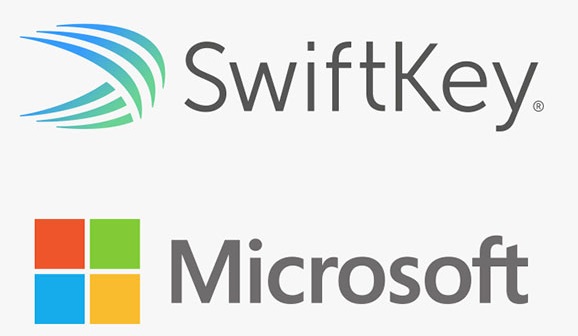Microsoft has bought London-based SwiftKey, a pioneer in touchscreen typing apps, according to reports.
The Financial Times reports that the deal is “around $250m”. In its blogpost, Microsoft revealed that SwiftKey’s software, which replaces the default on-screen keyboard for smartphones and tablets, has been installed on more than 300m Android and iOS devices.
SwiftKey’s app originally launched for Android devices in 2010, but third-party keyboard apps were banned from Apple’s iOS devices until 2014, when SwiftKey launched for those too.
SwiftKey’s last financial results, filed through Companies House in the UK by its parent company TouchType Limited, revealed that its revenues fell from £9.88m in 2013 to £8.41m in 2014.
It reported a net profit of £103,000 in 2013, but a loss of £5.32m the following year. SwiftKey said that the fall in turnover was due to its decision to switch to a “freemium” business model where the initial download of its app was free.
Announcing the acquisition, Microsoft’s executive vice-president of technology and research Harry Shum, said: “We’ll continue to develop SwiftKey’s market-leading keyboard apps for Android and iOS as well as explore scenarios for the integration of the core technology across the breadth of our product and services portfolio.”
“Our apps will continue to be available on Android and iOS, for free. We are as committed as ever to improving them in new and innovative ways,” added SwiftKey founders Jon Reynolds and Ben Medlock in their own blogpost.
The appeal for Microsoft is less about a slick keyboard-replacement app, and more about the predictive-text technology that powers it – something Microsoft says it will integrate with its own Word Flow tool.
SwiftKey is the latest in a series of Microsoft acquisitions of apps companies. Since 2014, it has also bought the developers of email app Acompli, calendar app Sunrise, productivity app Wunderlist and business communications app Talko, among others.
